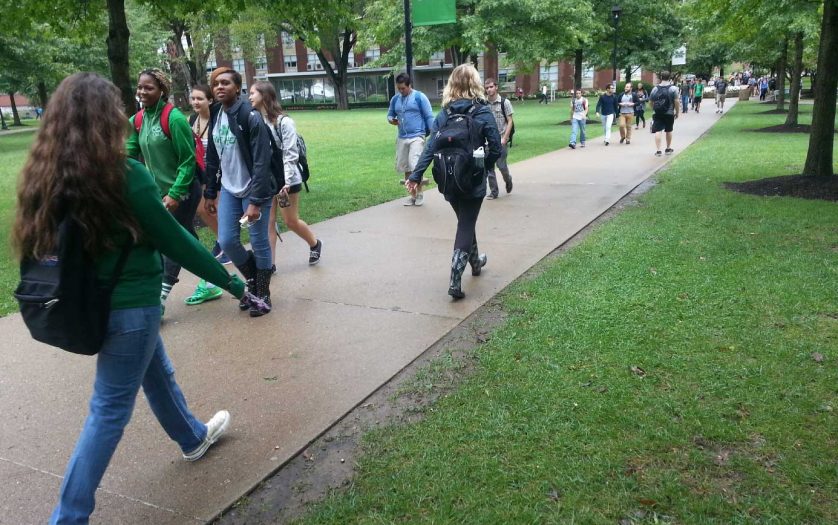
Fifteen projects, with a variety of topics on inequalities, have been chosen for the Understanding and Reducing Inequalities Initiative.
The projects were selected from 73 proposals. The initiative is funded by the Office of the Vice Chancellor for Research and Graduate Education and the Wisconsin Alumni Research Foundation.
“The proposals we received are evidence of the exceptionally wide breadth of research on our campus targeting inequalities based on factors such as race and ethnicity, socio-economic status, gender, sexual orientation and geography,” says Lonnie Berger, associate vice chancellor for research in the social sciences. “The projects will help build a body of evidence that can contribute to addressing these varied and complex inequalities with implications for reducing both them and their ill effects. They stand to produce real-world, actionable knowledge about how programs, policies and practices can be leveraged to reduce inequalities in U.S. society.”
The initiative is designed to support research that moves beyond scholarship that just describes the causes and consequences of inequalities; the emphasis is also on producing real-word, evidence-based solutions for reducing a host of inequalities on the basis of race, ethnicity, gender, disability, economic standing, language, minority status, country of origin and immigration status.
The chosen projects rely on a variety of methods ranging from surveys, field experiments and in-depth interviews to collect new data and on analyzing existing data, evaluating training programs and assessing case studies.
“Although inequality is pervasive, these projects provide innovative ideas about how to meet some of society’s greatest challenges. The research portfolio supported by this initiative is broadly interdisciplinary, drawing on ideas and tools from sociology, psychology, pharmacy, education, law and beyond,” says Steve Ackerman, vice chancellor for research and graduate education. “These projects will greatly enhance the UW–Madison research landscape in an area of critical societal need and engage with our broader communities in the spirit of the Wisconsin Idea.”
For example, one project — Doctor-Patient Communication and Shared Decision Making with High-Risk Patients — examines how to improve communication between white doctors and patients of color and how to build patients’ trust in their doctor.
A second project — Race, Class and Gender Inequality and Access to Civil Justice — launches a pilot designed to understand racial differences in how Americans handle civil legal problems, why they do and do not turn to law, and with what outcomes. The project speaks to the growing effort to stimulate a movement to reform American civil justice, potentially mirroring on the civil side the robust and influential movement to reform America’s criminal justice system.
Another project — Essential Immigrant Workers, Inequality and COVID-19 — builds on a partnership with the Milwaukee-based community organization Voces de la Frontera to examine occupational health and safety issues and housing insecurity by training research assistants and members of the communities most directly affected to document problems and generate knowledge that can contribute to solutions. The project further addresses threats to health and safety that essential immigrant workers have faced during the COVID-19 pandemic, both in the home and in the workplace.
A fourth project — Amplifying Marginalized Voices in Public Deliberation: Inclusive Community Conversations About Inequities in Partnership with Journalists and J-School — partners with the national nonprofit Local Voices Network to assess whether training journalists and journalism students in reaching out and facilitating discussions with marginalized groups can amplify these groups’ voices in public dialogues about the inequities to which they are disproportionately subjected.
Research grants were supported in two categories: projects less than $100,000, and those up to a maximum of $250,000.








